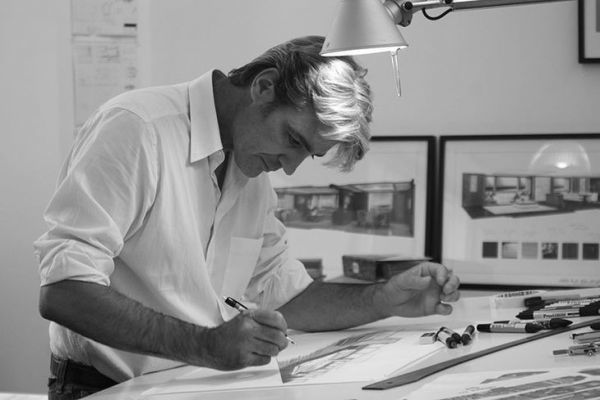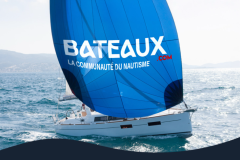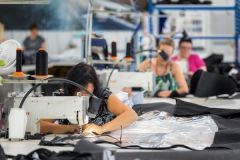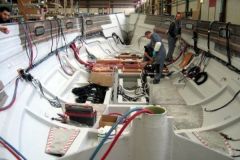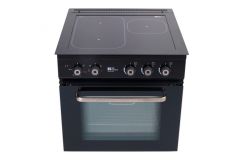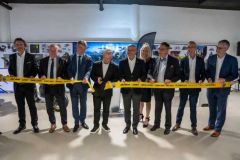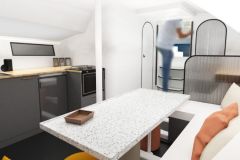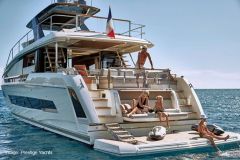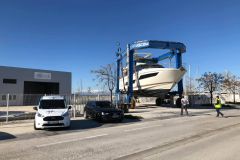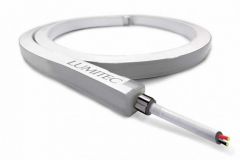With Franck Darnet, founder of the Darnet Design agency, BoatIndustry questions the evolution of design in pleasure boats and draws a sometimes bitter conclusion of its difficult evolution.
Can you present Darnet Design and its activity today in a few words?
The agency was officially created at the end of 1998 and will soon celebrate its 25th anniversary. After passing through the Ecole Boulle, I worked for 6 years as a naval architect at the Finot firm with Jean-Marie Finot and Pascal Conq. I then spent 2 years in the river industry in Paris, working on the design of bateau-mouches and the Batobus. At the end of 1998, I created the agency to work for a former Finot client and redesign the interior of Levana, a 24-meter boat. Then the projects followed, 1, then 2, then 3. Today we have 97 completed projects. In 2000, we moved to Nantes and today we have between 6 and 7 people. We carry out 60% of our activity in production boats, 30% in yachts and 10% on atypical subjects, such as this year a 200-meter long airship. We also do some refits and many production catamarans, with Outremer and Privilège as our main clients.
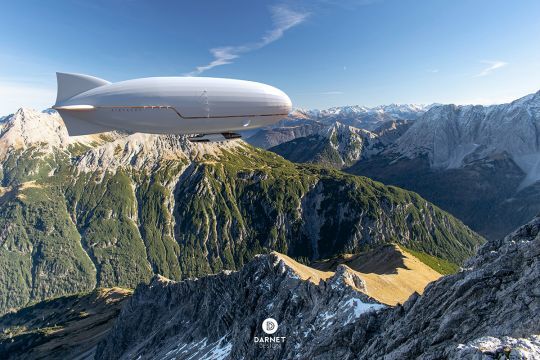
How has the role of the designer in the nautical industry evolved?
Forty years ago, architects did the boat from A to Z. Then designers were called in for the interior. Patrick Roseo was the first in France. Then there was Stark with the First 35.5. I was at the Ecole Boulle at the time. Then, little by little, we began to ask the designer to do exterior styling as well, like at Nauta Design. On our side, 24 years ago, we only did interior design. Today, for the last 8-10 years, we have also been doing some exterior styling. The trend is to let the designers have more control over the style. We realize that the basis of the business is the same. We also have our identity in exterior styling. In any case, there is no longer a project that is not well studied, regardless of the result.
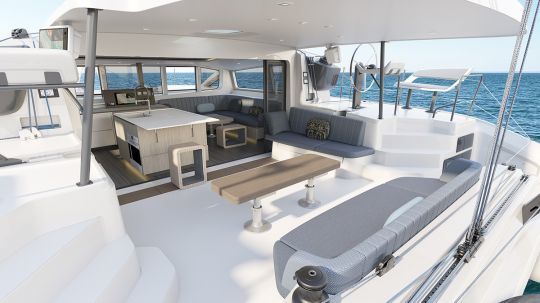
How did the requests evolve ?
In our niche of high-end series, we ask for things that are always more and more finished and studied in terms of style. We are inspired by everything that happens outside, from architecture, from the automobile...
There is a lot more sectorization in the boats. There are many offers and each shipyard must specialize and have a specific identity. But an ultramarine, intended for blue water cruising, must also be chic and beautiful. We can no longer sell a boat that is just average or decent as a shipyard.
For production boats, we work a lot on what we call design to cost to respect constrained budgets. There is also design to weight, which we follow for weight criteria, and finally pure design for the printing and rendering aspect.
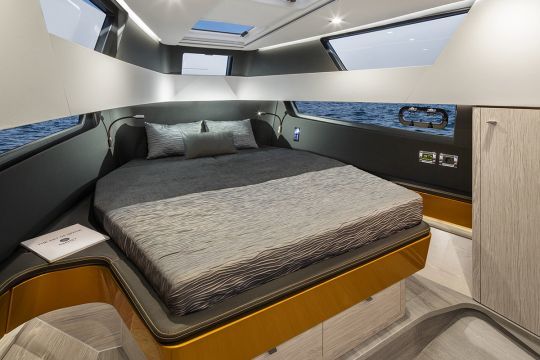
What are the topics of the future for boat designers?
In the subjects that come up, there is obviously the green and sustainable aspect. It is very complicated, because we are in the research and it takes time. The big manufacturers have more resources. We recently worked for 6 months to test and replace polyurethane varnishes with water-based ones. The public and construction sites must ask their equipment manufacturers and suppliers to apply and research this subject. It's not just about hull resins. For us, there is the composition of varnishes, materials such as plywood and sandwiches to be less polluting and greener over time.
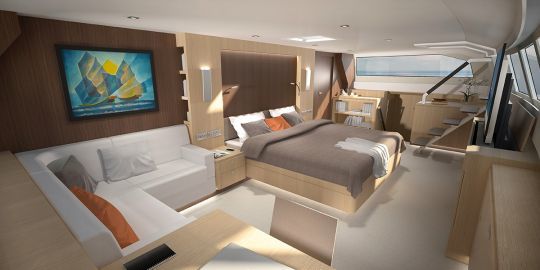
What would be the layout of a boat in the future?
The observation is a bit bitter one. There is a lot of talk about a fundamental desire to return to simple boats. But this is unfortunately not yet the case. We continue to want air conditioning, with certainly more autonomy and solar panels.

 /
/ 